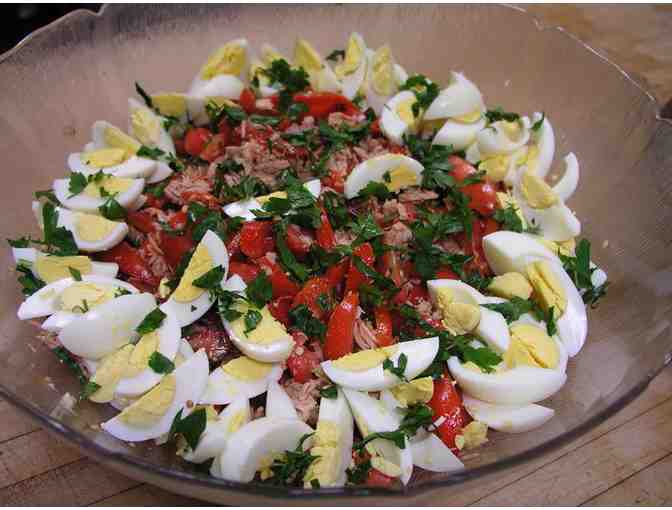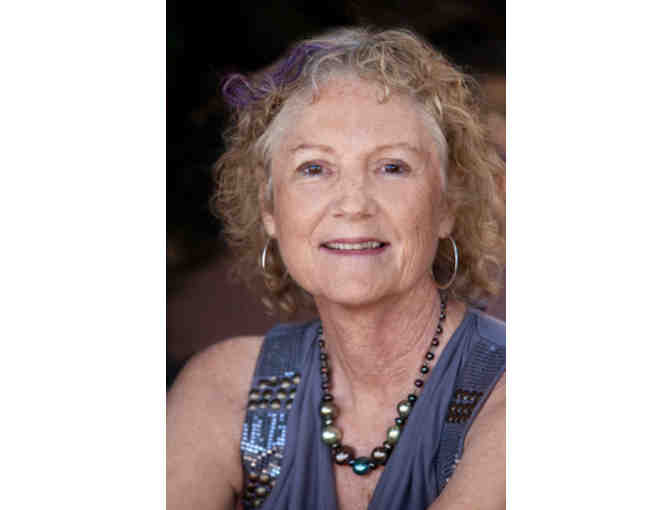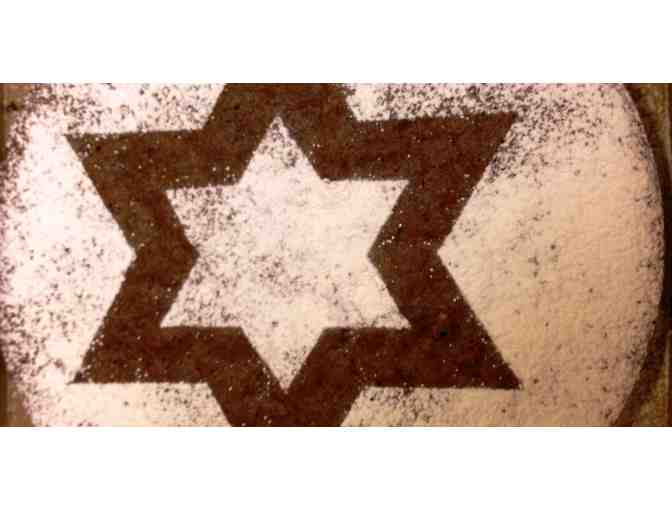People didn’t have much, and people didn’t express their love and caring for one another in any kind of demonstrative way. As a child, I was privy to stories of loss and depravation – everyone in my father’s family had gone hungry at one time or another. My grandmother’s father died when she was in 8th grade, and she quit school in order to help on the farm. That was their survival. For Christmas, each child received 1 orange as their Christmas gift – it was a big deal to get an exotic fruit from far away. It’s something my grandmother still talked about. My father remembered trips to Bern with his mother as a little boy while his father was at the frontier during WWI, and what he still talked about as an adult was the pleasure of going to a café and having a slice of apricot pie with whipped cream.
On a small farm, everyone pitches in. I understood, as a young child, that our entire day revolved around putting food on the table. The highlight of the day was sitting at the table and enjoying a meal together. Right after the war (WWII), people were in survival mode, and there weren’t a lot of pleasures to look forward to – but eating good food was, and still is, one of life’s great pleasures. So working to produce the food, and preparing it in the tastiest way possible was a way of saying “You matter to me.”
Sharing food is ubiquitous. In every culture, every milestone in life is celebrated with sharing food in community – it’s the oldest ritual known to humankind. It was when early humans figured out how to gather food in an organized manner that marked the beginning of human societies. I love what I do because of this – the sharing of food is primal – and eating delicious food makes people happy. When catering an event, my commitment is to provide the best possible meal within the client’s budget — it’s my heart and what gives me pleasure. Ingredients are locally sourced, through local vendors, sustainably raised, organic, and of the freshest, highest quality."


